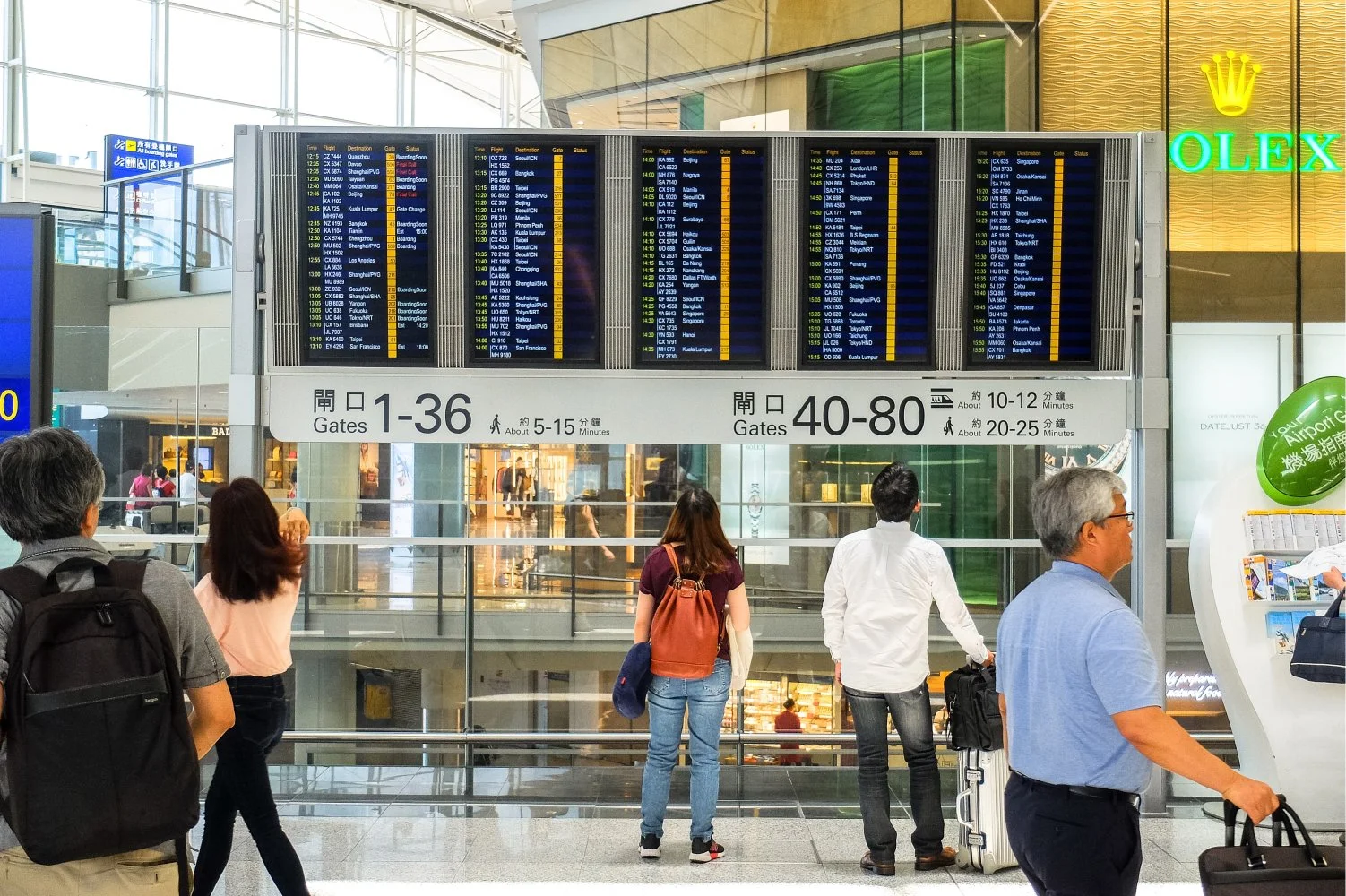How to organize group travel for work
Travel management
How to organize group travel for work
BoomPop Team · 6/7/2023Looking to book group travel for work? Here’s how to get started.
Corporate travel budgets are returning to pre-COVID levels, a great sign for businesses and for colleagues who want to see each other in-person. But organizing group travel for work can be a bit overwhelming, especially if it’s your first time.
Fear not! We’re here to lend a helping hand and guide you through the process with some friendly advice. Although the process can seem daunting, this intro will help you get started in no time.
Understanding the basics of group travel for work
For starters, it’s important to note that group travel may not mean everyone is technically traveling together—on the same flight, for example—just that they’re arriving at the same destination around the same time.
This travel could be for the purpose of anything from a small team-building retreat to a large company-wide event. All kinds of companies plan group travel—and who does so at an organization varies widely from Executive Assistants, HR teams, Chiefs of Staff, and many more.
The logistics of group travel can be complex, but with careful planning and attention to detail, it can be a successful and enjoyable experience for everyone involved.
Why group travel is so important to businesses
Group travel for work events has many benefits. It enhances teamwork among your colleagues as they enjoy face-to-face experiences. It also reduces costs as group discounts on travel, accommodation, and events are often available.
Getting out of the office (or the home office) provides the opportunity to attend meetings, conferences, and other events that promote learning, networking, and skill development. All of these have massive long term benefits for both employees and their organizations.
Planning thoroughly to ensure travel goes smoothly makes sure you get the most of these benefits, and that employees see travel as a perk—not a chore.
Common challenges when planning group travel
Organizing group travel can be challenging. Overcoming these challenges simply involves thorough research, clear communication, and careful planning.
Preferences and communication
One common challenge is deciding on options that will appeal to everyone in the group, including hotels, activities, and destinations. To overcome this challenge, it's important to involve everyone in the planning process and gather input on potential destinations. This can help ensure that everyone feels heard and that the chosen destination will be enjoyable for all.
Booking and coordination
Another challenge is coordinating travel arrangements, such as flights and accommodations. This can be time-consuming and requires attention to detail to ensure that everyone arrives in a timely manner and has a comfortable place to stay. To overcome this challenge, it's often worthwhile to work with a business travel or events professional who can help with logistics and ensure that everything runs smoothly.
Establishing your group travel requirements
Identifying the purpose of the trip
The first step in organizing group travel for work is to identify the purpose of the trip. Is it a team-building event, conference, or training? Once you define the purpose of the trip, you can identify the number of people who need to travel, where you need to go, and what activities to plan.
Determining the size of the group
When it comes to group travel for work, it is essential to define the size of the group. Make sure the group size is manageable, and everyone can travel together. You can save on costs by traveling in a group, but make sure to balance cost-saving with convenience.
Setting a budget
Setting a budget is crucial when it comes to group travel for work. You want to ensure that you can cover all the costs, including transportation, accommodation, and meals. It is essential to be realistic about your budget and explore cost-saving options available, such as group discounts and promotions.
Considering needs and preferences
When booking group travel for work, it is essential to keep in mind the specific needs and preferences of your team members. Some delegates may require special accommodations due to physical limitations, allergies, or cultural preferences. It is vital to ask about these needs during the planning stage to ensure that everyone feels comfortable and included.
Choosing the right travel and events partner
Evaluating experience and reputation
Choosing the right travel and events partner can make all the difference when it comes to successful group travel. You want to choose an organization with relevant experience and a good reputation. Try researching online, reading case studies, and gaining recommendations from colleagues.
Comparing services and pricing
It is essential to compare and contrast services and pricing provided by different service providers before choosing. Check for services such as accommodation, transportation, and leisure activities included in the package, and make sure you understand all associated costs and fees.
Assessing customer support and communication
Good communication with your travel and events partner is vital during the booking process and throughout the trip. The right partner will keep you informed about any changes or issues that may arise in your travel itinerary and provide helpful solutions.
Start booking your next work trip
Planning group travel can be a challenging, but the benefits to your organization are tremendous. Careful planning, clear communication, and wise decision-making throughout the process will help you navigate the process effectively.
If you need help planning your next event and setting up group travel, BoomPop’s experts can help. Get in touch with our team today.



















